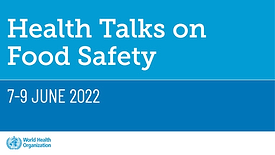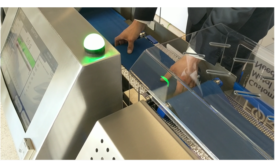Home » technology
Articles Tagged with ''technology''
LEEB
Winning the Fight against Pathogens on Spices
Low-energy electron beam (LEEB): A breakthrough microbial reduction technology
April 15, 2021
Cover Story
An Opportunity to Reimagine: How the Pandemic Can Improve Our Global Food System
April 15, 2021
Never miss the latest news and trends driving the food safety industry
eNewsletter | Website | eMagazine
JOIN TODAY!Copyright ©2024. All Rights Reserved BNP Media.
Design, CMS, Hosting & Web Development :: ePublishing










